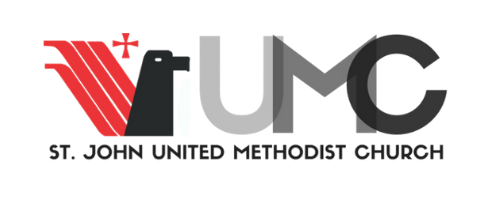By Betty Hertz
I invite you to submit reflections to the St. John blog. As you know, I have been contributing to the blog. I let go of the thought that I had nothing to share and of the fear of being vulnerable when writing for publication. I trusted God to give me the words. After taking the risk, I found my soul feeling peaceful, and I know it came from taking time to reflect on my faith and listen for God’s guidance.
Now I know that some of you are saying: “I have nothing to share.” I know that isn’t true. You listen to sermons, attend Sunday School, read books, have favorite hymns and scripture passages that resonate with you. I also know you have experiences and thoughts to share that might help others. Jesus calls us to be witnesses of the Word. Sharing thoughts in writing is one way to witness.
I know that you are saying: “I am not a good writer.” I found an excellent computer program, Grammarly, which makes suggested corrections for spelling, punctuation and wordiness. I use it every time I write for public sharing.
A scripture reading that helps me let go of fear is Isaiah 41:10
Do not fear, for I am with you,
Do not be afraid, for I am your God;
I will strengthen you; I will help you
I will uphold you with my victorious right hand.
Are you ready to let go of the fear and taking your witnessing public? I am happy to help any time.
Betty Hertz is a longtime member of St John UMC, a Stephen Minister and a member of SPRC. When not doing volunteer work, she is playing with her three goofy dogs.








